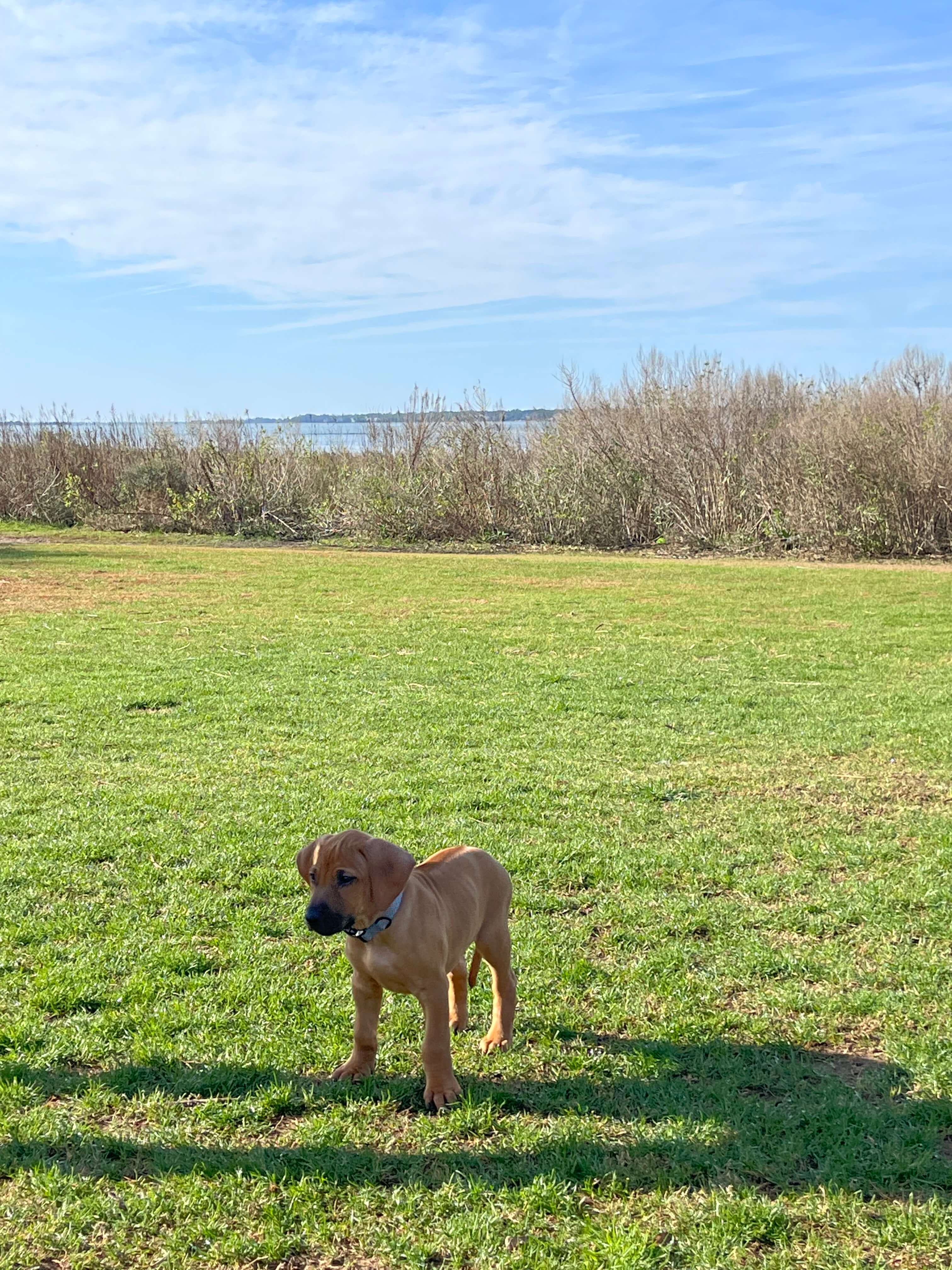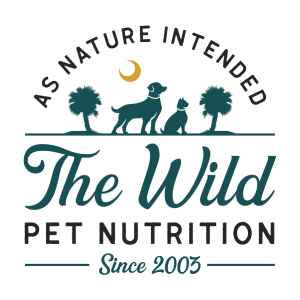Life Stages Pet Nutrition

Puppy/Kitten & Senior Pet Nutrition
There are an increasing number of pet food labels on the shelves of stores claiming to be designed for specific ages, life stages and breeds of pets. Beware: These labels are no more than a marketing ploy to increase shelf space for a brand of food. Dogs’ and cats’ fundamental nutritional requirements do not change with age. Rather, a high quality, high meat protein diet is the most species appropriate food for ALL breeds of dogs and cats at ALL ages. Don’t buy into the myths!
Puppy & Kitten Food Myth: Puppies and kittens need specific Puppy or Kitten food.
- Puppies and kittens do NOT require specific foods with this label.
The reasoning behind this is because puppies and kittens are biologically designed to need the same nutrition as dogs and cats of any age. In nature, if left to their own devices, a young dog or cat will eat the same foods as the rest of their family, just in higher quantities within their first year of life. All of the foods at The Wild are extensively researched to ensure the highest quality available and are all great in helping set puppies or kittens up for a lifetime of successful health. The portioning, and the quality of nutrition, of a puppy or kitten’s food is what is important and must be based on their age, weight and the caloric content of the food you choose. Our in-store food chart calculator will help determine the appropriate amount of food for your puppy or kitten based on these factors.
Senior Pet Food Myth #1:
- Senior pets require less protein as they age.
This misconception has been perpetuated by big pet food manufacturers attempting to formulate special diets to compensate for damage done by a lifetime of consuming commercial dry food diets with low quality, rendered (waste animal tissue) proteins. Such foods put undue strain on kidneys and livers, thereby resulting in compromised functioning. As a result, some senior pets are unable to handle the amount of protein they actually need, but their need for it has not changed. In fact, the need for high quality protein can increase as a pet ages since protein helps with regenerative functions.
Senior Pet Food Myth #2:
- All older dogs and cats are obese, so they should be fed a reduced-calorie diet.
Not all senior pets are overweight. In fact, some older pets become too thin due to decreased appetite and reduced sense of smell and taste. Therefore, feeding a “senior pet food” with lower calories is not the answer and may actually be cutting out certain nutrition your pet actually needs. For overweight pets at any age, the key to health is portion control of a high-quality diet of meat protein and fats along with regular exercise.
Senior Pet Food Myth #3:
- Senior pet food has extra fiber which all senior pets require.
Added fiber in pet food may cause your pet to poop more, but too much fiber can render him unable to assimilate the antioxidants, vitamins and minerals he needs. Constipation can be prevented by feeding a high-quality, moisture-rich diet, such as Steve’s Real Raw Food, K9 Kravings, Answers, Primal, Tucker’s or Stella & Chewy’s raw diet, including probiotics and digestive enzymes, such as Primal Raw Goat’s Milk, Steve’s Chia Goat’s Milk Yogurt, Answer’s Raw Fermented Goat or Cow’s Kefir, Nature’s Farmacy Digestive Enhancer or Probiotic Max, Animal Essentials Plant Enzymes, or Ark Naturals Gentle Digest, and getting plenty of exercise. As needed, Nummy Tum Tum Canned Pumpkin or Fruitables Pumpkin Digestive Supplement are great, healthy sources of fiber to add to your pet’s diet.
Senior Pet Food Myth #4:
- Senior pet food has the added joint and omega supplements that seniors need.
Although many commercial dry foods have added supplements, they are not in the amounts needed or in a highly bio-available format that the body recognizes. Instead, adding high quality supplements, such as Phyto Flex, Joint Support, Ultra Oil, and Grizzly Salmon Omega Oil to a fresh food diet, along with getting bio-available probiotics and enzymes into their bodies, offers far more benefits and support for your pet’s mobility needs.


